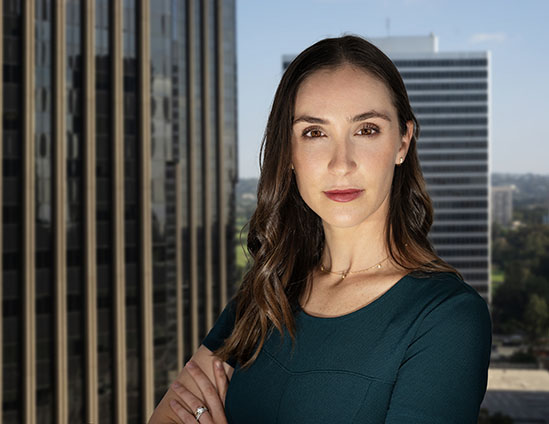By Melissa Zonne
New York
COVID 19 Leave Sunsetting
On July 31, 2025, the COVID-19 Paid Emergency Leave legislation (PEL) is scheduled to expire, and employers will no longer be required to provide this separate benefit. PEL was enacted in March 2020 and requires employers to provide up to fourteen days of paid leave to non-remote employees subject to quarantine mandates. New York’s PEL is the last remaining COVID paid sick leave in effect.
PEL is a separate measure from other paid sick and leave benefits, and employers are advised to evaluate compliance with all other sick and leave laws, some of which could still be triggered by a COVID-related illness. Commencing on August 1, 2025, employees must use New York’s Paid Sick Leave, Paid Family Leave, or Earned Sick and Safe Time. Employers should review employee eligibility related to these benefits.
Failed Federal Ban of Noncompete Agreements
The Federal Trade Commission proposed a rule in April 2024 broadly banning new noncompetition agreements. Federal courts have since struck it down, and it is not yet clear how the Trump administration, and specifically new FTC Chairman Andrew N. Ferguson, will choose to proceed.
Nevertheless, employers should be aware of continued scrutiny of noncompete agreements and should narrowly tailor any such covenants in employee agreements. There is also the possibility that New York state lawmakers may attempt to revive a failed effort from 2023 to create a statewide ban should the FTC not pursue a federal ban.
California
Expanded Sick Leave for Crime Victims (AB 2499)
As of January 1, 2025, California employees can use sick leave if they or family members are affected by “qualifying acts of violence” (including domestic violence, stalking, or assault). This law expands upon existing leave protections and accommodations under Labor Code sections 230 and 230.1, including making a failure to comply an unlawful employment practice within the Fair Employment and Housing Act (FEHA). AB 2499 also now includes public entity employers, including school districts. In addition to the existing prohibition on discrimination or retaliation against an employee due to his or her status as a victim or for taking time off, the law now provides victims with 12 weeks, and family members of victims with 10 days, of protected time off.
Employers with 25+ employees must follow the same interactive process required under FEHA for providing accommodations. Employers must inform employees of their rights under AB 2499 by providing notice tracking the California Civil Rights Department’s model notice as of July 1, 2025. Employers must inform all new employees, and all employees annually on a going-forward basis.
County and City Minimum Wage Increases
On July 1, 2025, new increased minimum wage rates went into effect in several California cities and counties. These rates establish higher minimum wages than California’s current statewide wage rate of $16.50/hour. As of July 1, 2025, municipalities with minimum wage above the statewide rate are: Alameda, Belmont, Berkeley, Burlingame, Cupertino, Daly City, East Palo Alto, El Cerrito, Emeryville, Foster City, Fremont, Half Moon Bay, Hayward, Los Altos, Los Angeles (city and county), Malibu, Menlo Park, Milpitas, Mountain View, Novato, Oakland, Palo Alto, Pasadena, Petaluma, San Carlos, San Diego, San Francisco, San Jose, San Mateo (city and county), Santa Clara, Santa Monica, Santa Rosa, Sonoma, South San Francisco, Sunnyvale, and West Hollywood.
Employers should check compliance with their local minimum wage law to ensure they are paying employees the correct rate.
